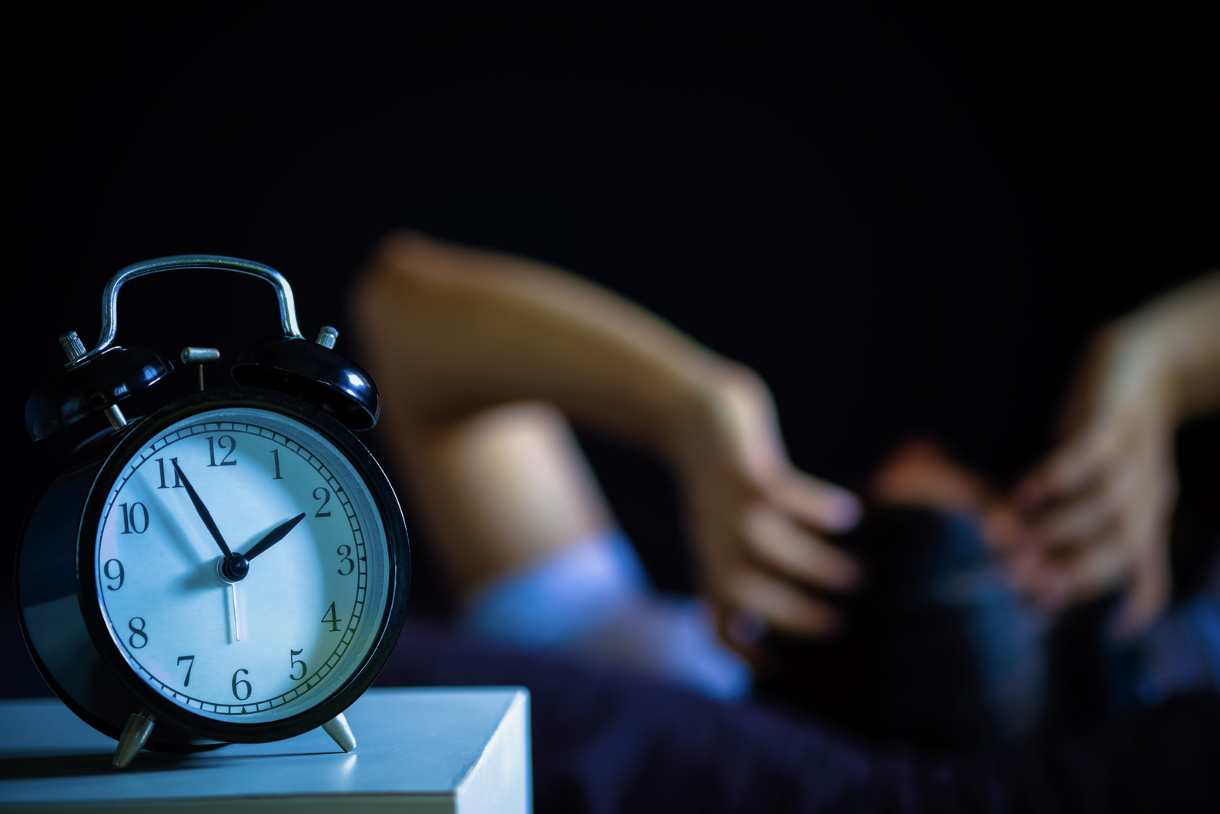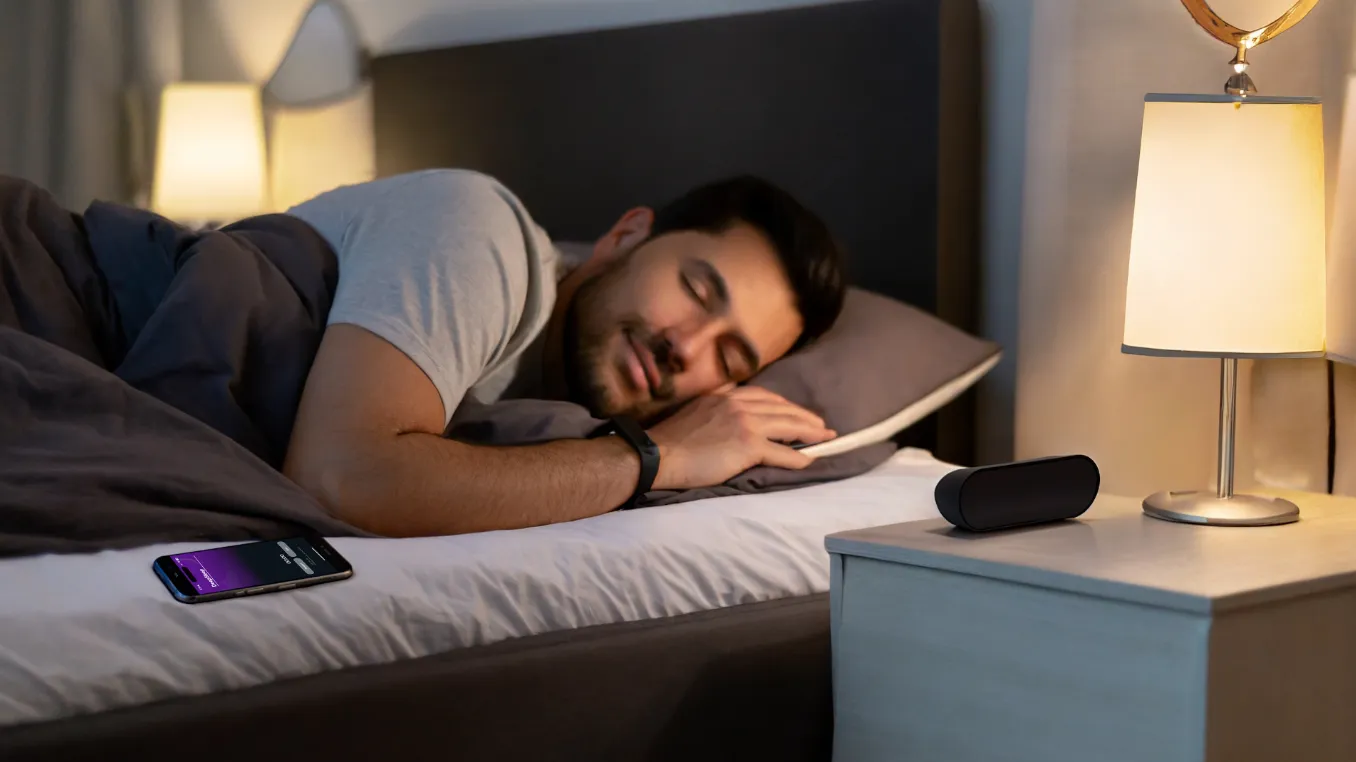
When Nothing Works for Insomnia Except Patience and NuCalm
Dealing with insomnia can be a frustrating and exhausting experience, literally and figuratively. If you are reading this article, then you have likely been looking for some time and may have even tried some options to help ease insomnia. In this article, we’ll explore different approaches and strategies to address sleep problems and emphasize treatment for insomnia in females.
How to Cure Insomnia Quickly
While curing insomnia typically involves implementing long-term strategies and lifestyle changes, there are some quick relaxation techniques and stress-reducing methods that can help induce relaxation and improve the chances of falling asleep faster. Here are some quick ways to stop stress or relax, which can hopefully lead to better sleep:
- Deep Breathing: Practice deep breathing techniques such as diaphragmatic breathing or belly breathing. Inhale deeply through your nose, hold for a few seconds, and exhale slowly through your mouth. Repeat this process several times to calm the mind and body.
- Progressive Muscle Relaxation (PMR): Tense and then relax different muscle groups starting from your toes and working your way up to your head. Focus on releasing tension with each muscle group, promoting relaxation throughout the body.
- Guided Imagery or Visualization: Close your eyes and imagine yourself in a peaceful and serene place, such as a beach, forest, or meadow. Visualize the details of the scene, including sounds, smells, and sensations, to create a calming mental environment.
- Progressive Relaxation Techniques: Use techniques like autogenic training, where you repeat calming phrases or affirmations to promote relaxation and reduce stress levels.
- Aromatherapy: Use essential oils such as lavender, chamomile, or bergamot in a diffuser or apply them topically (diluted with a carrier oil) to promote relaxation and ease anxiety.
- NuCalm: Listen to NuCalm Rescue for at least 30 minutes. Rescue’s neuroacoustic software predictably and reliably guides your brain waves to the body’s healing zone, Theta. Listen with your favorite headphones, wear an eye mask, and recline in a safe and comfortable place. Sign up for our 7-day FREE trial, navigate to the Rescue journey, press play, and we’ll do the rest.
While these quick relaxation techniques can help manage stress and induce relaxation, it’s essential to combine them with healthy sleep habits, consistent bedtime routines, and addressing underlying factors contributing to insomnia for long-term improvement in sleep quality.
What Helps with Insomnia in the Middle of the Night
For those who wake up in the middle of the night and want to go back to sleep quickly, it’s important to incorporate both short and long-term practices that will help you achieve this. While there isn’t an immediate fix, there are some things that can help you relax in a few minutes which can lead to falling back to sleep.
Taking deep breaths can activate the parasympathetic nervous system, the body’s “rest and digest” response, which promotes relaxation, reduces heart rate, lowers blood pressure, and aids in digestion. Deep breathing techniques, such as diaphragmatic breathing or belly breathing, can stimulate the vagus nerve, a key component of the parasympathetic nervous system. This activation leads to a shift from the “fight or flight” response (controlled by the sympathetic nervous system) to a state of calmness and relaxation, making deep breathing an effective tool for stress reduction and relaxation.
You can also guide your mind and body with progressive muscle relaxation (tense and relax each muscle group which promotes relaxation), visualization (imagining yourself in a peaceful and serene place which creates a calming mental environment), or progressive relaxation techniques (repeating affirmations or mantras) to help you relax.
If you want an effective and reliable way to stop the stress response in your body, you can also rely on NuCalm Rescue. After a Rescue journey, you will be in balance and you will feel relaxed and restored.
 How I Cured My Chronic Insomnia
How I Cured My Chronic Insomnia
We have had the privilege of working closely with a few community members as they diligently worked on their insomnia issues. Martyn, based in the U.K. dealt with insomnia for almost 3 decades due to a childhood trauma suffered when his sibling passed away. Martyn tried to manage his insomnia for over 20 years, utilizing various practices, before committing to a structured NuCalm Sleep Routine. Martyn incorporated:
- Strict sleep hygiene practices
- went to bed/woke at the same time every day
- refrained from caffeine from noon onward
- removed screens from late afternoon onward
- refrained from alcohol and heavy meals later in the day
- enjoyed a dark, quiet, and cool comfortable sleeping environment
- removed all electronics and any other potential distraction
- followed the same bedtime routine for bedtime
- Used Rescue every afternoon between noon-4
- If and when he woke up in the middle of the night and couldn’t go back to sleep, he used Rescue 70, 100, 120
- Martyn used a fresh, clinical-strength NuCalm biosignal processing disc every 12 hours and left it on throughout the day for a calming dissipating effect
- Martyn practiced patience and tried to remove his emotions (frustration, anger, fear of fatigue) from nighttime waking. Using Rescue in the middle of the night helped him resolve stress and feel restored.
What Is the Best Cure for Insomnia
Curing insomnia involves addressing underlying causes such as stress, anxiety, medical conditions, medication side effects, or a lifestyle that contributes to or causes insomnia. Effectively managing stress, both short-term and chronic stress that has built up and likely causes physical and emotional symptoms that exacerbate insomnia, is necessary as well. For females, specialized treatments targeting unique issues like hormonal changes during menopause and hormonal therapies can be effective. By adopting a comprehensive approach that includes lifestyle adjustments, relaxation techniques, and, if necessary, medical interventions, individuals can achieve lasting improvements in sleep quality and overall well-being.
Dealing with insomnia is physically and mentally exhausting and challenging. It’s essential to address underlying emotional and physical issues, incorporate healthy habits, practice good sleep hygiene, stay positive, and effectively manage stress. Effectively managing stress not only makes you feel better and sleep better but it helps you regulate your emotions so you can make better choices. Try NuCalm for free for 7-days!